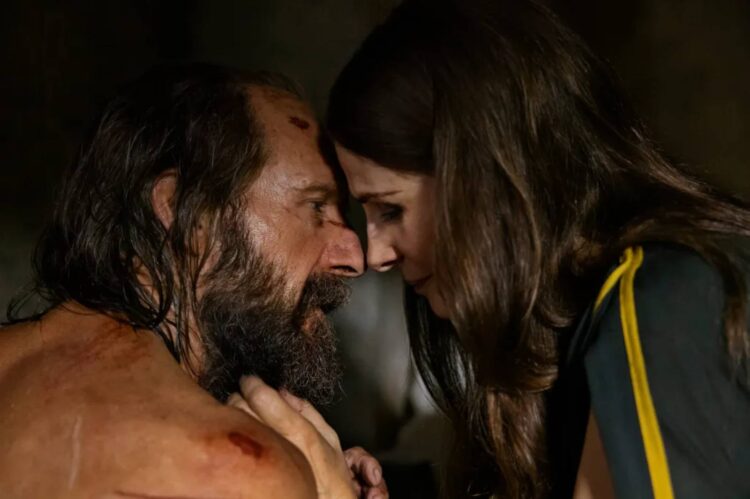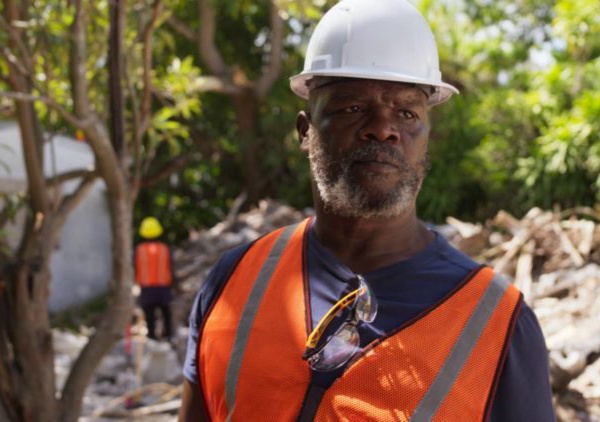

The true pits of ’90s nostalgia are maybe here, as we’re in the year 2024 arriving at an attempt to hype an English Patient reunion. Yes, that’ll be music to the ears of people who loved a Miramax heyday including that notoriously lugubrious Best Picture winner. Certainly there’s nothing wrong with seeing Ralph Fiennes and Juliette Binoche acting together again, the capable thespians they both are, but when the content of their reunion draws specific memories of a certain kind of dull prestige-filmmaking period, you’re deeply in trouble.
The film in question, The Return, serves as an adaptation of the last third of Homer’s Odyssey, where Odysseus (Fiennes) is long past the high-seas adventure part of his journey and rather stuck in a kind of limbo in his homeland of Ithaca; returned but not reclaimed. His queen Penelope (Binoche) is being pressured by followers to pick a new king, while their twink son Telemachus (Charlie Plummer) bides time in the background with daddy issues and insecurity over his long-away path to the throne.
Odysseus’ haggard (yet muscular, especially for a 60-year-old man) appearance makes residents of Ithaca mistake him for a beggar instead of the king. One of the only truly interesting things about the film being director Uberto Pasolini drawing some memories of his namesake’s ancient literary adaptations (also some Derek Jarman in the queer art film realm) with the focus on writhing male bodies. Fiennes even has a full-frontal nude scene that I was admittedly surprised to see early on in the film. (I’m guessing such a moment doesn’t occur in his fall Oscar bid Conclave.)
Not giving off the sense of a visual filmmaker, Pasolini isn’t quite able to tell his story through these bodies, though––a talky affair where dull power dynamics to take the crown hold precedence over everything else. And what these dynamics build to being a film with an unblinkered worship of monarchy (I guess we shouldn’t expect it not to be old-fashioned in that way) where the old conquers the new. Of course, that’s what the elder audience this is built for will want: a reassurance of existing power structures, even if through the realm of a Homer adaptation.
Again, a too-classical message can be overlooked if there’s strong classical filmmaking to match. Yet The Return looks rather cheap: there’s a real lack of pictorial beauty here, even if you can tell it was shot in a nice location. That wouldn’t be an issue if the prestige-television grit applied to this oft-told tale had a little more passion. One gets the sense this film was only made for reasons not dissimilar to most modern IP exploitation: an algorithm determining there was some market for the source material. Maybe the filmmakers and producers who likely scrounged together the cash for this uninspiring movie would be offended by that statement, but it’s what the film communicates.
The Return premiered at the 2024 Toronto International Film Festival and will open on December 6.
The post TIFF Review: The Return Marks a Languid Reunion for Ralph Fiennes and Juliette Binoche first appeared on The Film Stage.



